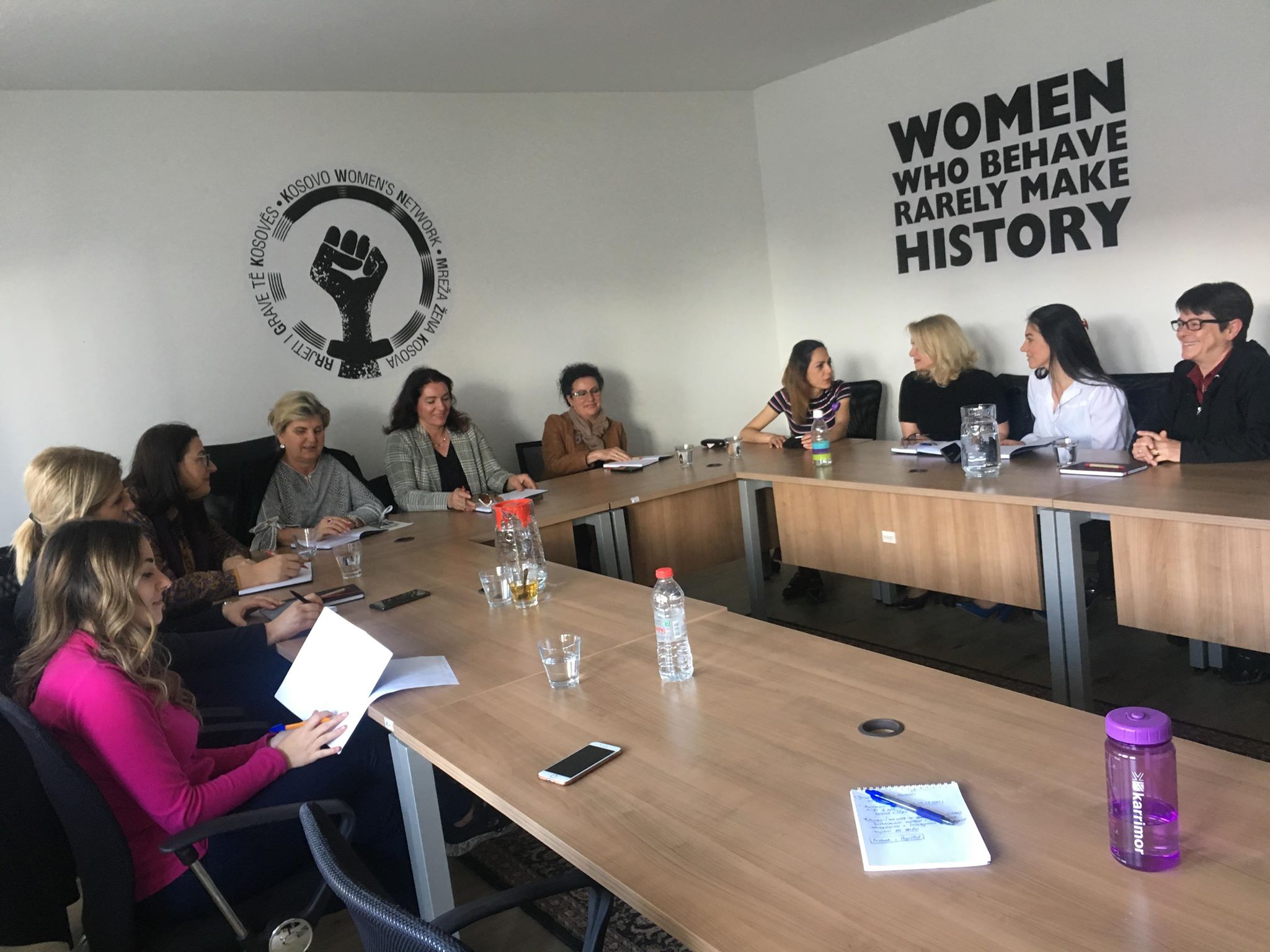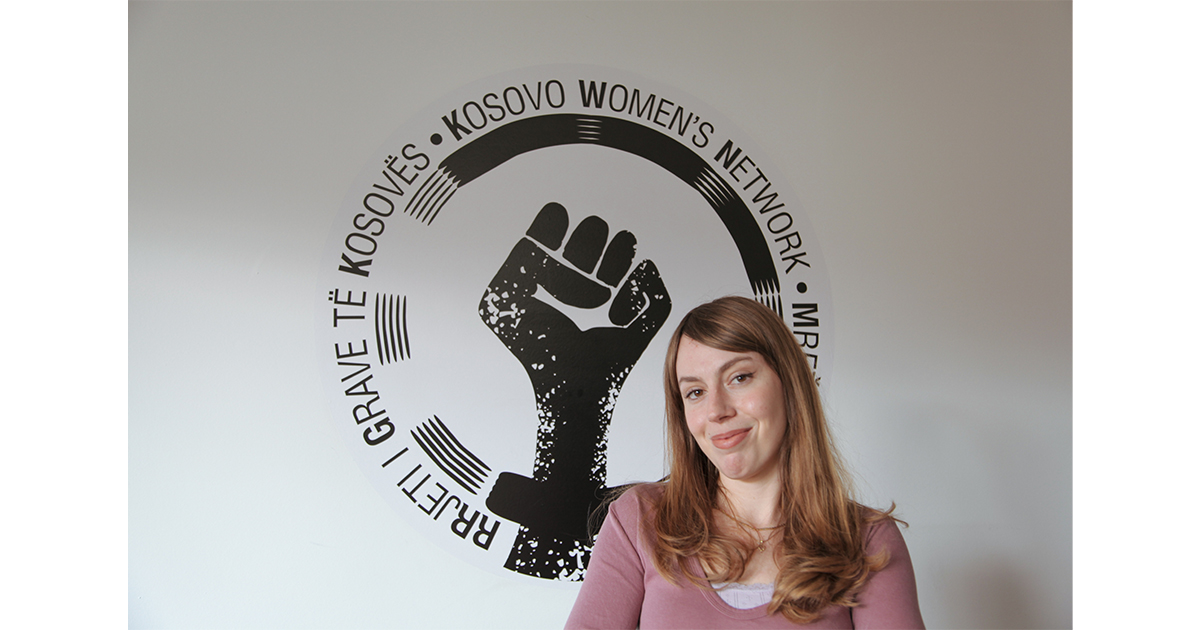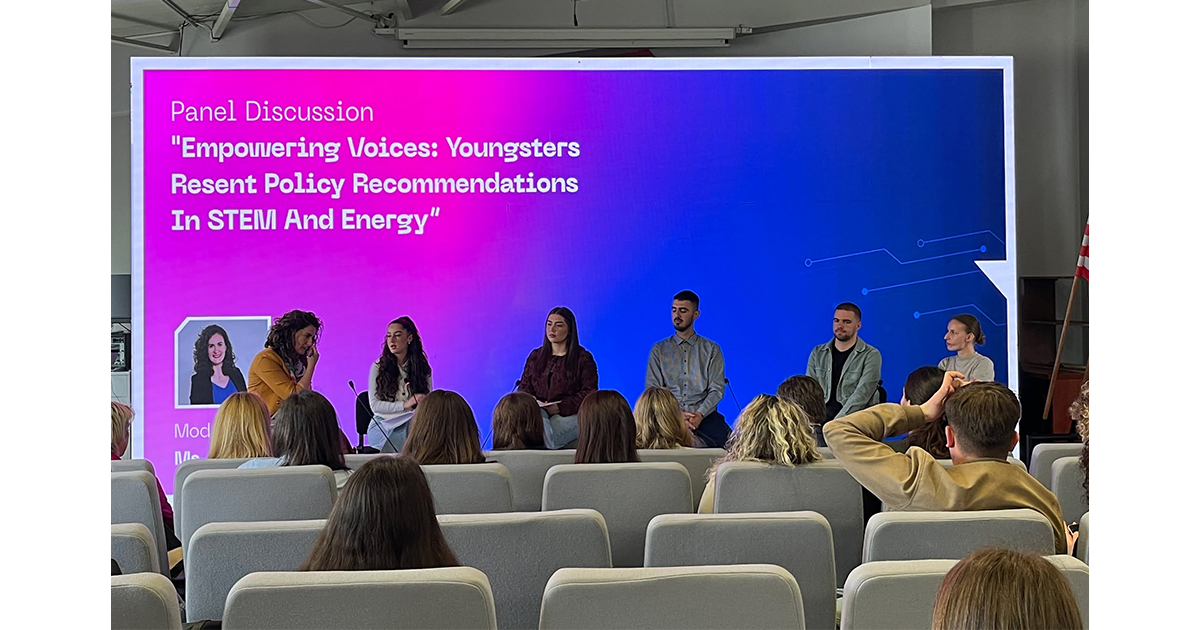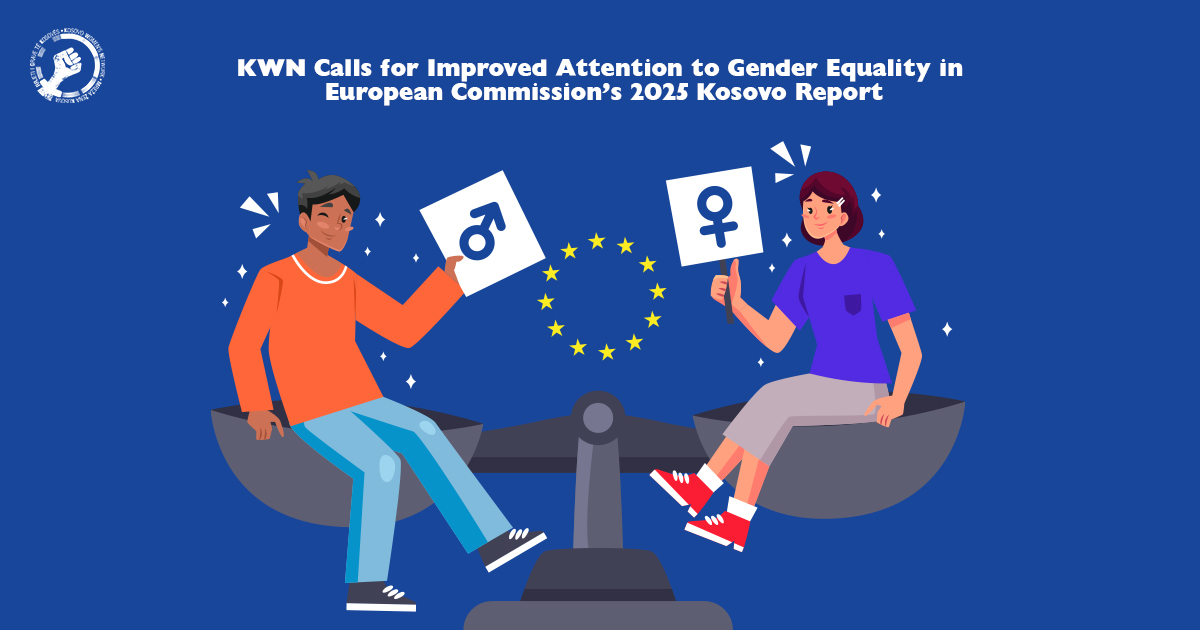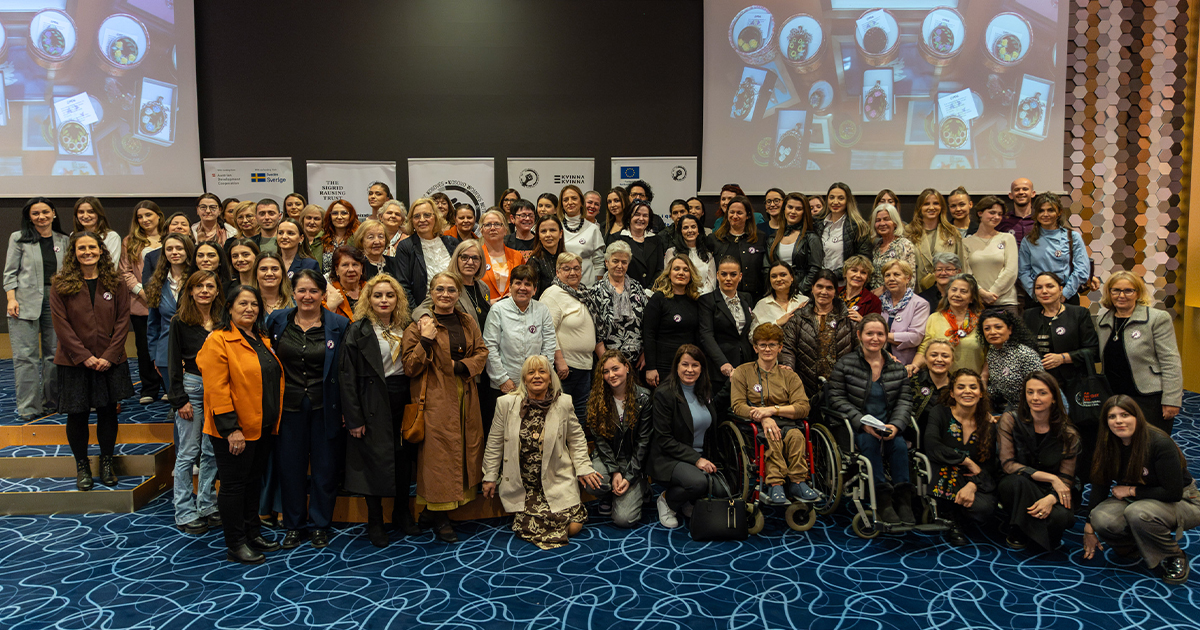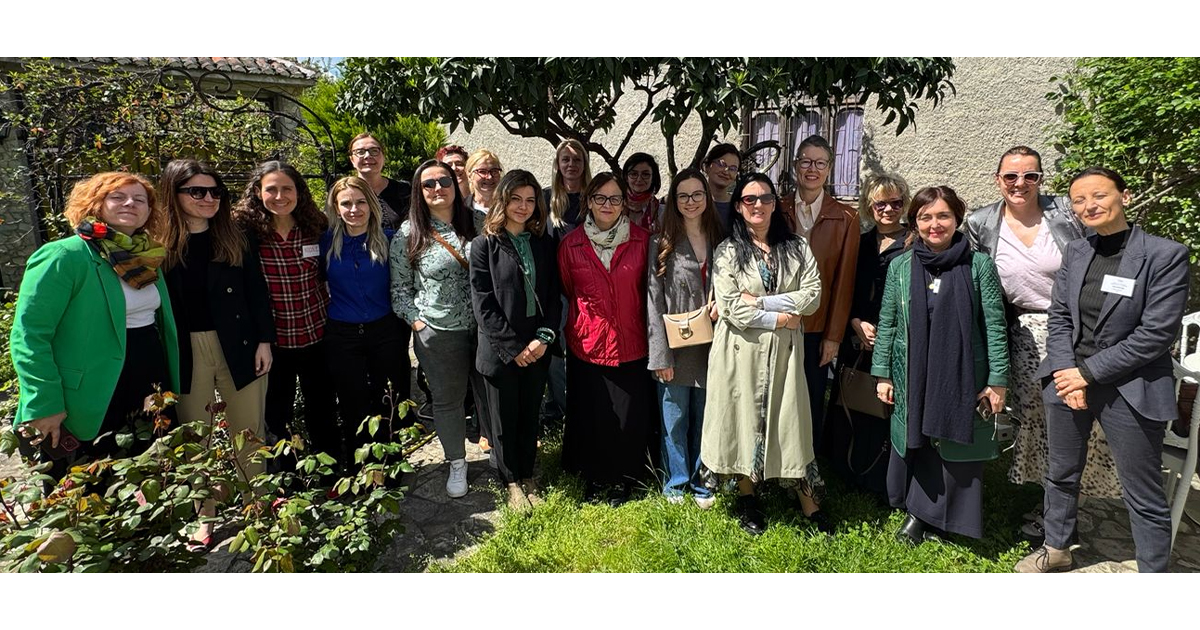On May 10 representatives of Kosovo Women’s Network (KWN) together with shelter representatives of Safe House-Gjakovë, Hope and Homes for Children, Centre for Protection of Women and Children- Prishtinë, Women’s Wellness Centre, Centre for Protecting Victims and Preventing Trafficking in Human Beings (PVPT), Centre for Protection and Rehabilitation of Women and Children Liria- Gjilan discussed about the amendment of the Law on Domestic Violence Protection.
The focus of this meeting was the establishment of sustainable funding opportunities for shelters and other day-care centres which provide services to victims of domestic violence and gender-based violence.
Nazife Jonuzi, Director of Centre Liria, has shared with the attendees part of her experience from their everyday work.
“In addition to shelter, we also provide meditation, legal advices, and social counselling for women”, she said.
KWN Advocacy Coordinator, Adelina Berisha, emphasized the need for such co-operations to accompany the whole amendment process of this law, in order to achieve as dignified representation of the victims as possible.
“This law will also guarantee that the work of shelters and day-care centres for victims of domestic violence and gender-based violence will find sustainable financial support in order to provide the utmost services to these victims. This is a moment that should be taken advantage of, as your role and experience are fundamental to these recommendations that we will draft today”, Berisha said.
After a fruitful discussion, the participants drafted the recommendations sent to the Committee on Human Rights, Gender Equality, Missing Persons and Petitions of the Assembly of Republic of Kosovo.
The participants agreed with the amendment of Article 31 which they proposed to label: Non-governmental organizations that provide special social and family services. Also, in this article it is proposed to ensure that “shelters will be funded through a separate budget line, within social services, provided by the Ministry of Labour and Social Welfare (MLSW). Whereas in Article 30 “Data Gathering”, it was proposed to “add a definition which would specify that also the children should be considered domestic violence victims or gender-based violence victims, besides women.
This meeting was supported by UN Women.

